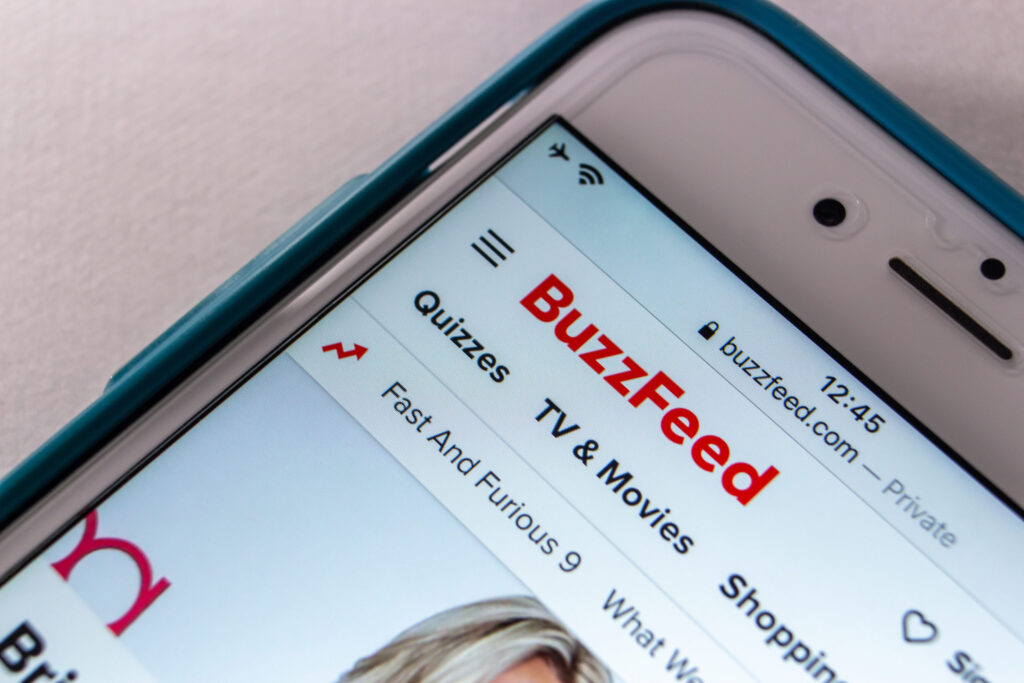BLM-era workplace diversity measures aren’t enough for BuzzFeed News
July 2, 2021
In a post-Black Lives Matter America, the workplace still isn’t sufficiently diverse, inclusive or equitable for BuzzFeed News.
In a recent piece, the outlet portrayed the pre-pandemic workplace as irredeemably racist and the post-pandemic workplace as only slightly less so.
“For many, returning to the office will mark an end to a freedom from white-dominated workplaces, leaving them to wonder how they can hold onto the peace of mind they maintained through the pandemic,” the story said. Before the pandemic, “employees of color…were regularly excluded, ignored, misunderstood, or undermined by the colleagues around them,” it said.
Now, post-pandemic, corporate America is damned if it does implement further-reaching office diversity measures, and more damned if it doesn’t. As to the former, BuzzFeed said some workers of color are apparently “skeptical” of diversity, equity and inclusion (DEI) measures that “have felt off the mark so far.” As to the latter, pre-pandemic minority employees had to “contort themselves to conform to white corporate culture.”
The article’s discussion of “racist microaggressions” and “office racism” acts as if racism was acceptable in the workplace before the coronavirus. It wasn’t.
“Your cisgender white male” one of the story’s sources speaks of is a man and thus perceived as a probable oppressor at work. If the #MeToo movement made men aware of their treatment of female coworkers, DEI measures make white men aware of how they treat other employees.
Like with the Left’s other initiatives, DEI policies sound innocuous on their face. In practice, they can play out insidiously as racial quotas and re-education training for white males.
In effect, white male employees may “always have to manage the way [colleagues]’ll perceive [them],” as a black woman said about herself to BuzzFeed. That’s just as unfair to a white man as it is to a black woman. It’s equally unfair.
But true justice – not the social justice warrior variety – isn’t the goal here. Equal outcomes are.
BuzzFeed News’ story claims to represent the ostensibly monolithic opinion of all minority workers. It only surveyed 80 such workers who comprised a small sample size that shouldn’t be seen as statistically representative of all minority employees. Of the merely 80 employees who completed BuzzFeed’s survey, the outlet only interviewed 10 of them who were probably sure to lament their workplace treatment.
The survey-takers were undoubtedly mostly as liberal as the outlet itself and thus not statistically representative of America’s minority workforce.
